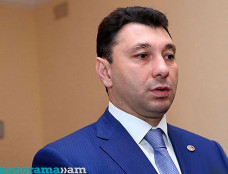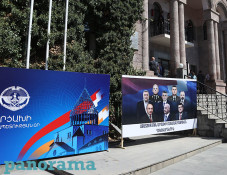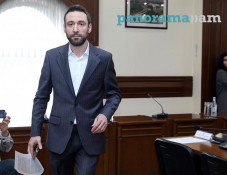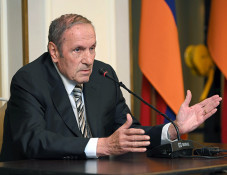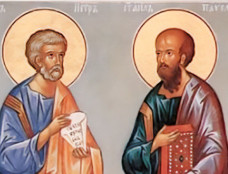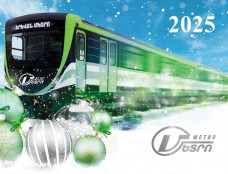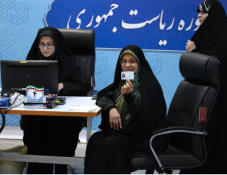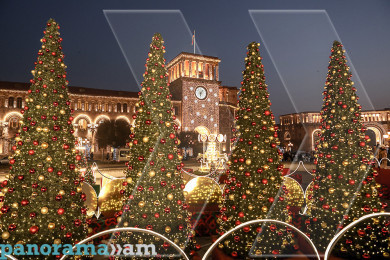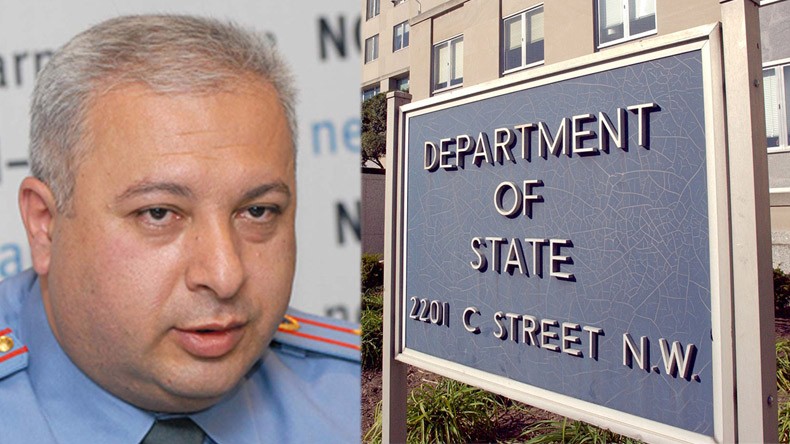
Traffic Police comments on the State Department recommendations over Armenian traffic
“Public transportation, while very inexpensive, may be unreliable and uncomfortable,” reads the information guideline posted on the website of the US Department of State. “Minibuses are more dangerous than other forms of public transportation. These vehicles are often overcrowded and poorly maintained, lack common safety features, including seatbelts, and are frequently involved in accidents,” the guideline reads.
Overall, the guideline contains both negative and positive assessments about the road conditions, Armenian drivers and the work of the Traffic police, recommending the US citizens “not travel at night due to poor road conditions. Winter travel can also be extremely hazardous, especially in mountain areas and higher elevations.”
Spokesperson to the Armenian Ministry of Foreign Affairs Tigran Balayan refrained from commenting on the guideline, referring to Armenian own guideline posted on the MFA website which contains information and recommendations for driving in Armenia. Balayan next told Panorama.am that the information contain no data about separate states and recommended RA citizens to apply a to the relevant Embassy for details.
Deputy Head of Armenian Traffic Police, Arthur Tonoyan told Panorama.am that accusations to RA Traffic Police are exaggerated, saying one should not generalize based on individual incidents. He said the change in traffic culture is evident in Armenia, which is evidenced by the citizens themselves.
The State Department records in its recommendations that “…Drivers in Armenia frequently ignore traffic laws, making roadways unsafe for unsuspecting travelers. Those driving in towns at night should be especially cautious. Pedestrians often fail to take safety precautions, and often cross unlighted streets in the middle of the block while wearing dark clothing,” recommending its citizens to reduce your risk of being a victim of aggression, yield to aggressive drivers.
Tonoyan underscored that Traffic Police gives a proper assessment to any administrative offence.
“I would not call Armenian drivers aggressive, perhaps that is conditioned with national characteristics as being more hasty, which is not a reason to label them aggressive,” the official said.
As to the road rage, the traffic surveillance cameras and speed measurement devices in Yerevan have significantly reduced the cases since 2012, when the devices were installed.
State Department also warns against the number of intoxicated drivers on Armenian roads, which increases on weekends. Calling on its citizens to be extra careful on the main highway from Yerevan to the resort areas of Tsaghkadzor and Sevan. “Traffic police will attempt to stop individuals driving erratically and dangerously, but the police presence outside of Yerevan is limited,” says the instruction.
Deputy Head of the Traffic Police refereed to the statistics saying a declining trend is observed.
“The Traffic Police constantly carries out monitoring, especially in summer and on weekends, when the traffic is busy on Yerevan-Tsaghkadzor and Yerevan-Sevan highways. If previously intoxicated drivers were fined at100 thousand AMD, now the amount is 200 thousand AMD. A criminal case is envisaged for the repeat offence,” the official said, adding, that necessary legislative changes were introduced for offenders.
Moving on the statements about the few number of the police officers out of Yerevan, Tonoyan said: “Aside from the traffic surveillance cameras, Traffic Police is active in those months along the dangerous roads, carrying out a 24-hour service.”
The State department instruction point out that “Though crime along roadways is rare, the police sometimes seek bribes during traffic stops and sometimes harass drivers using U.S. or international driver’s licenses.
“I have no information regarding the bribes and there is not any” Tonoyan said.
As to U.S. or international driver’s licenses, Tonoyan noted that Armenia accepts all the driver’s licenses that are in line with Convention on Road Traffic adopted in 1968 as well as with amendments and supplements introduced later.
“That is to say the driver’s license should contain information data in Latin letters and Arabic numbers about the driver’s identity and transportation. The US citizens often drive with their national licenses, which do not correspond to the provisions of the Convention. Sometimes, they show international multipage licenses, which are admissible in Armenia, and no one is allowed to present undue demands. Traffic Police servicemen are well trained with this respect,” Tonoyan mentioned.
The state department also says, that “Truck traffic is heavy on the main roads linking Yerevan to Iran and Georgia. Police and emergency medical services may take considerable time to reach remote regions.”
Traffic Police Deputy Head has another perspective on this as well. “We have service stops along the roads at every several kilometers which respond operatively in case of an alert. I do not posses data about late arrival cases. Traffic Police servicemen are those who help people in winter months, in the conditions of iced roads and freezing weather. If everything were smooth we would release 50 per cent of the Road police staff.”
“The quality of gasoline in Armenia ranges from good at some of the more reliable stations in cities to very poor. The gasoline and other fuels sold out of jars, barrels, and trucks by independent roadside merchants should be considered unreliable.” also says the State Department guideline
Newsfeed
Videos








